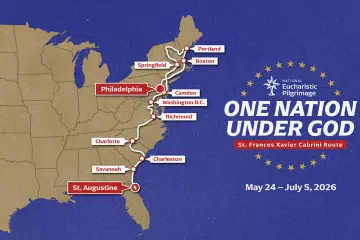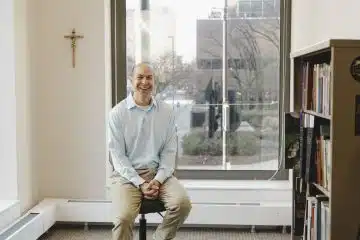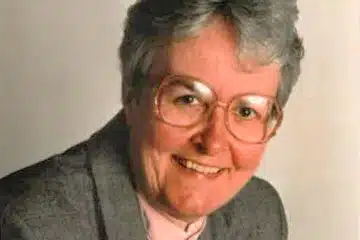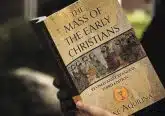Calvinism to Catholicism

It’s somewhat remarkable that with a storied career as a university professor and popular apologist, and having presented at countless conferences and authored more than a hundred books, Dr. Peter Kreeft, some 65 years after entering the Catholic Church, has finally published a personal spiritual autobiography.
Several of Kreeft’s apologetics books note significant elements of his journey from Dutch Reformed Calvinism to Catholicism (e.g., Forty Reasons I Am a Catholic), but the newly released From Calvinist to Catholic places those elements in a larger narrative and on a more intentional timeline.
That Kreeft’s title mentions his Calvinist roots is a bit rare. Long respected for his ability to share the truth of Christianity with clarity and humor—even meriting invitations to speak at Protestant colleges and seminaries—he’s often compared to
C.S. Lewis, who was also known for his lucidity and wit while downplaying his Anglican faith’s distinctions to appeal to a broader Christian audience.
Specific about the kind of Christian he has come to be, Kreeft also expresses how he thought of his Christian faith before he became Catholic: “I was a Christian first, an Evangelical second, a Protestant third, and a Calvinist fourth.” The first third of his new book discusses his early spiritual trajectory, including as a student at Calvin College to become a pastor. That road led to two unexpected destinations: the classroom rather than the pulpit and the Catholic Church rather than his Dutch Reformed tradition. His exploration of those Dutch Reformed roots supplies some of the book’s most fascinating material. For Kreeft, the Dutch-ness and the Reformed-ness seemed almost inseparably intertwined. (In his world, Cincinnati Reds legend Johnny Vander Meer was example number one of a fellow Dutchman making his people proud.)
Among the several impactful thinkers Kreeft discusses who turned him toward Catholicism, the dry theological humor of Dorothy L. Sayers and C.S. Lewis fittingly loom large. Kreeft’s style is perhaps best described as “playfully provocative,” so it is no surprise to see Socrates’ significant influence on his faith’s development. And of special interest to some readers, he lays out in Chapter 10 his seven biggest anti-Catholic objections and how he wrestled through them.
Several years ago, I interviewed Dr. Kreeft in his office at Boston College. We talked a bit about his Dutch Calvinist roots, but more about the Christian virtue of humor … and what bodily functions Adam and Eve had before the Fall. Amid his Lord of the Rings memorabilia collection and Cardinal Ratzinger books, I pointed to a chess board set with Boston and New York baseball player figurines. With a characteristic twinkle, he said, “Ah, yes; that’s the Red Sox versus the Forces of Darkness.” Having hoped this spiritual autobiography would capture some of the personality I encountered that day, I am now happy to report that, as Kreeft’s heroes, Ratzinger and St. Paul, famously proclaimed: my hope has not been disappointed. ✣
Matt Swaim is co-host of the Son Rise Morning Show on Sacred Heart Radio and Director of Outreach for The Coming Home Network.
This article appeared in the September 2025 edition of The Catholic Telegraph Magazine. For your complimentary subscription, click here.














